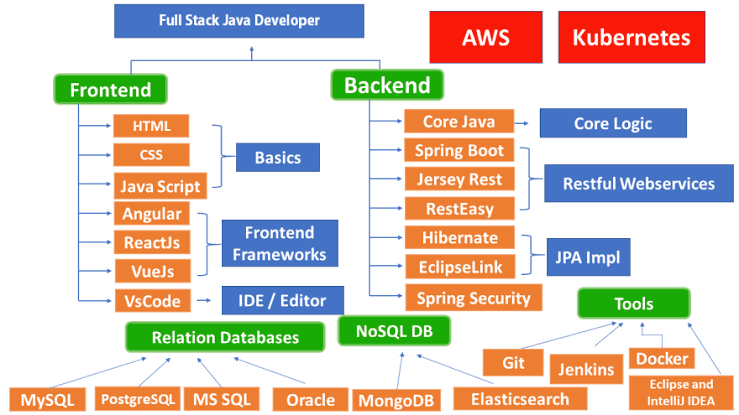
Becoming a full stack developer is an exciting journey filled with opportunities to build
dynamic and impactful web applications. A full stack developer possesses the skills to
work on both the front-end and back-end of web development, making them versatile
assets in the tech industry. In this guide, we'll outline a step-by-step roadmap to help you
navigate the path to becoming a proficient full stack developer.
1. Master the Basics of Web Development
Begin your Full stack developer roadmap by mastering the fundamental building blocks of
web development. Start with HTML, the markup language used for creating the structure of
web pages. Then, move on to CSS, which is used for styling and formatting HTML elements
to create visually appealing websites. Finally, learn JavaScript, the programming language
that adds interactivity and dynamic functionality to web pages. These three languages form
the foundation of web development and are essential for any aspiring full stack developer.
2. Dive Into Front-End Development
Once you have a solid understanding of the basics, dive deeper into front-end
development. Explore popular front-end frameworks and libraries such as React.js, Vue.js,
or Angular.js. These frameworks will streamline your development process and empower
you to build dynamic and interactive user interfaces with ease. Additionally, familiarize
yourself with CSS preprocessors like Sass or Less to enhance your styling capabilities and
make your code more maintainable.
3. Explore Back-End Technologies
Transition to the back-end of web development by delving into server-side programming
languages and frameworks. Common choices for back-end development include Node.js
with Express.js for JavaScript developers, Ruby on Rails for Ruby enthusiasts, Django for
Python aficionados, and Laravel for PHP enthusiasts. Choose a language and framework
that aligns with your interests and career goals, and master the concepts of server-side
programming, database management, and RESTful API development.
4. Gain Proficiency in Databases
A strong understanding of databases is essential for full stack developers. Familiarize
yourself with relational databases such as MySQL, PostgreSQL, or SQLite, as well as
NoSQL databases like MongoDB or Firebase. Learn how to design and optimize database
schemas, write efficient queries, and interact with databases using programming
languages and frameworks. Understanding how to store and retrieve data efficiently will be
crucial when building complex web applications.
5. Learn Version Control with Git
Version control is a crucial skill for developers, enabling collaboration, tracking changes,
and maintaining codebase integrity. Learn how to use Git, a widely used version control
system, to track changes, collaborate with team members, and manage your code
repositories effectively. Familiarize yourself with Git commands, branching strategies, and
workflows to become proficient in version control. Understanding version control will
make it easier to collaborate with other developers and contribute to open-source
projects.
6. Explore DevOps Principles
As a full stack developer, understanding DevOps principles and practices will enhance
your productivity and efficiency. Learn about continuous integration, continuous delivery,
and automated deployment pipelines to streamline the development, testing, and
deployment process. Familiarize yourself with tools like Docker for containerization,
Jenkins for automation, and AWS or Azure for cloud hosting. By incorporating DevOps
practices into your workflow, you can deliver high-quality software faster and more
reliably.
7. Build Real-World Projects
Put your skills to the test by building real-world projects that showcase your abilities as a
full stack developer. Choose projects that align with your interests and allow you to apply
the concepts and technologies you've learned. Whether it's developing a personal portfolio
website, building a blogging platform, or creating an e-commerce application, focus on
projects that demonstrate your proficiency in both front-end and back-end development.
Building real-world projects will not only solidify your understanding of web development
concepts but also provide valuable experience that you can showcase to potential
employers.
8. Stay Curious and Keep Learning
Technology is constantly evolving, and as a full stack developer, it's essential to stay
curious and continuously update your skills. Keep abreast of industry trends, attend
meetups and conferences, and engage with online communities to expand your knowledge
and network with fellow developers. Experiment with new technologies, languages, and
frameworks to stay relevant and adaptable in an ever-changing tech landscape. By
embracing a mindset of lifelong learning, you can stay ahead of the curve and excel in your
career as a full stack developer.
Conclusion:
This Roadmap for Full Stack Developer requires dedication, perseverance, and a
commitment to lifelong learning. By following this comprehensive roadmap and mastering
the fundamental concepts of web development, front-end and back-end technologies,
databases, version control, DevOps principles, and real-world project experience, you'll be
well-equipped to embark on a successful career journey as a proficient full stack
developer. Remember to stay curious, keep learning, and embrace the challenges and
opportunities that come your way as you pursue your passion for coding and technology.
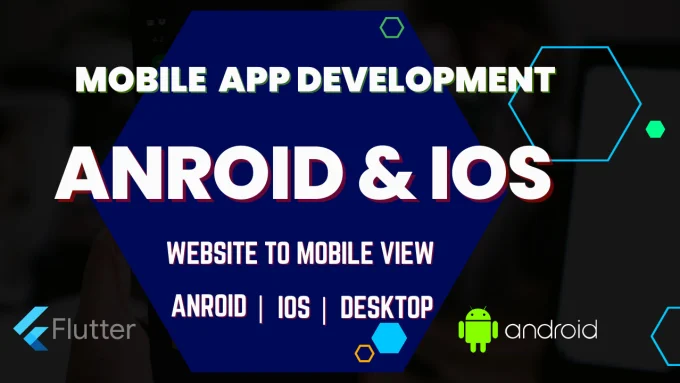 Android and iOS App Development Services in Delhi – Oprezo India
Android and iOS App Development Services in Delhi – Oprezo India
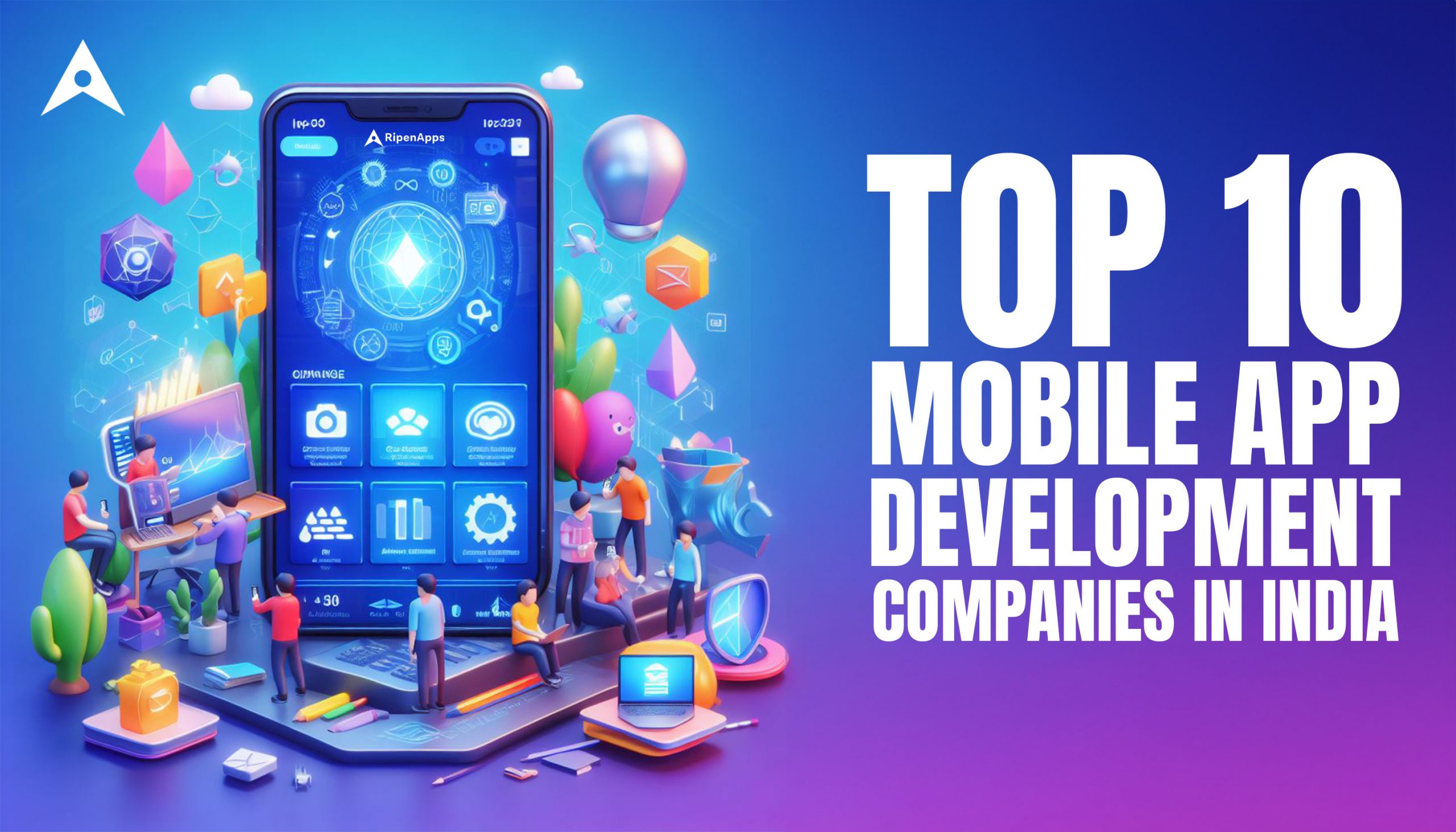 Mobile App Development Company in Delhi, India
Mobile App Development Company in Delhi, India
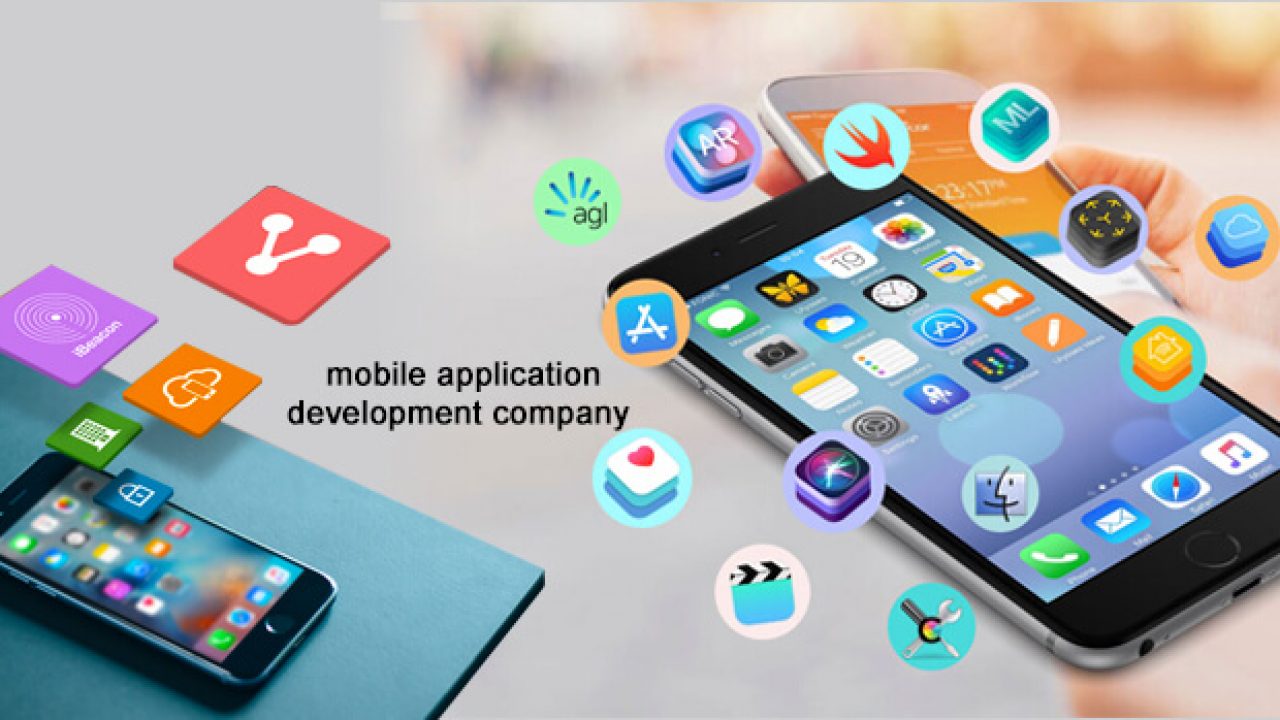 Oprezo India: Your Premier Web Development and Mobile App Partner in Delhi for Business Growth
Oprezo India: Your Premier Web Development and Mobile App Partner in Delhi for Business Growth
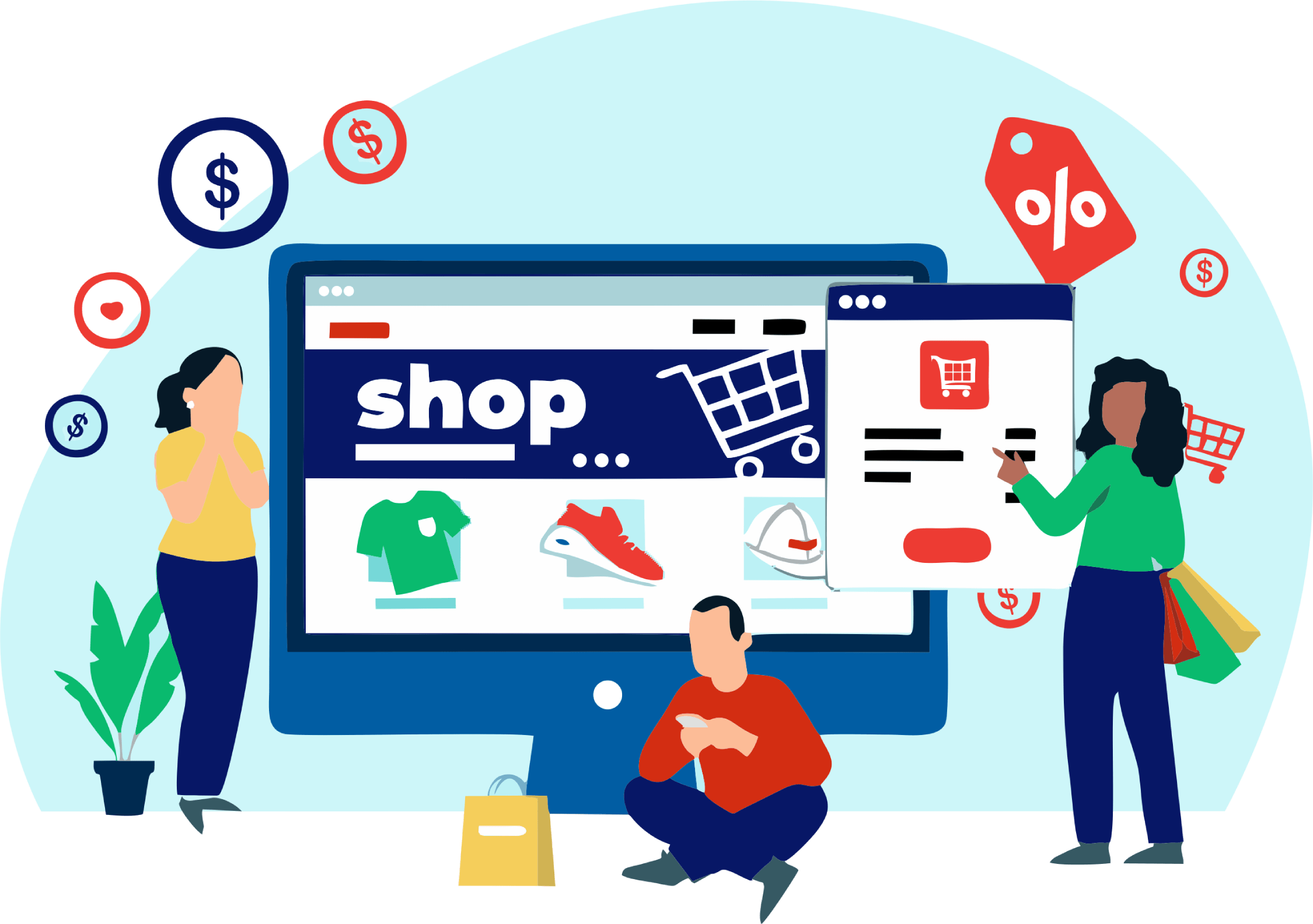 Oprezo India – Leading E-commerce Website and App Development Agency in Delhi
Oprezo India – Leading E-commerce Website and App Development Agency in Delhi
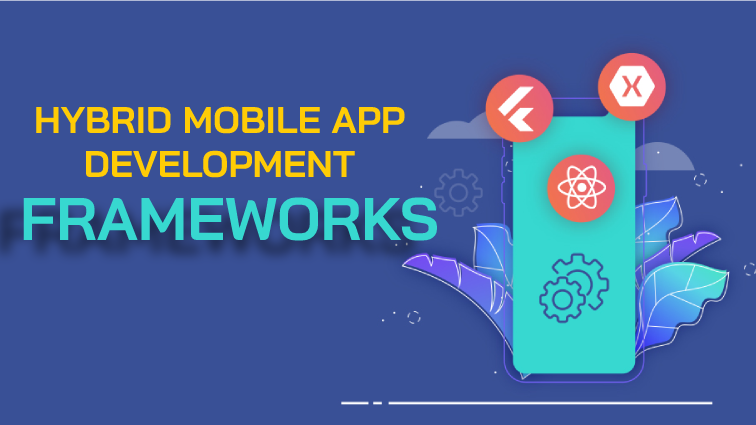 Leading Hybrid, Flutter, and React Native App Development Services in Delhi by Oprezo India
Leading Hybrid, Flutter, and React Native App Development Services in Delhi by Oprezo India